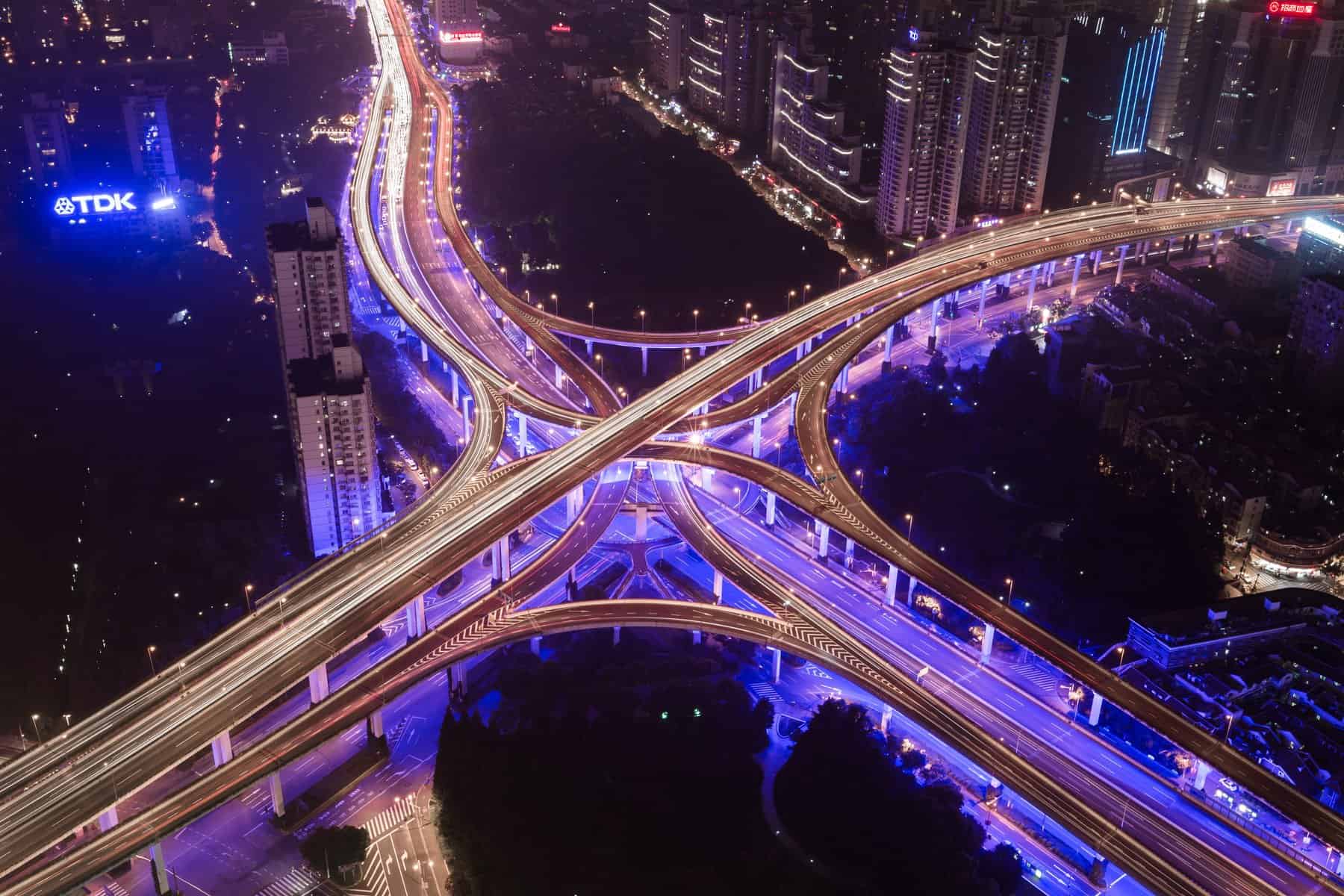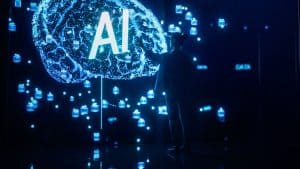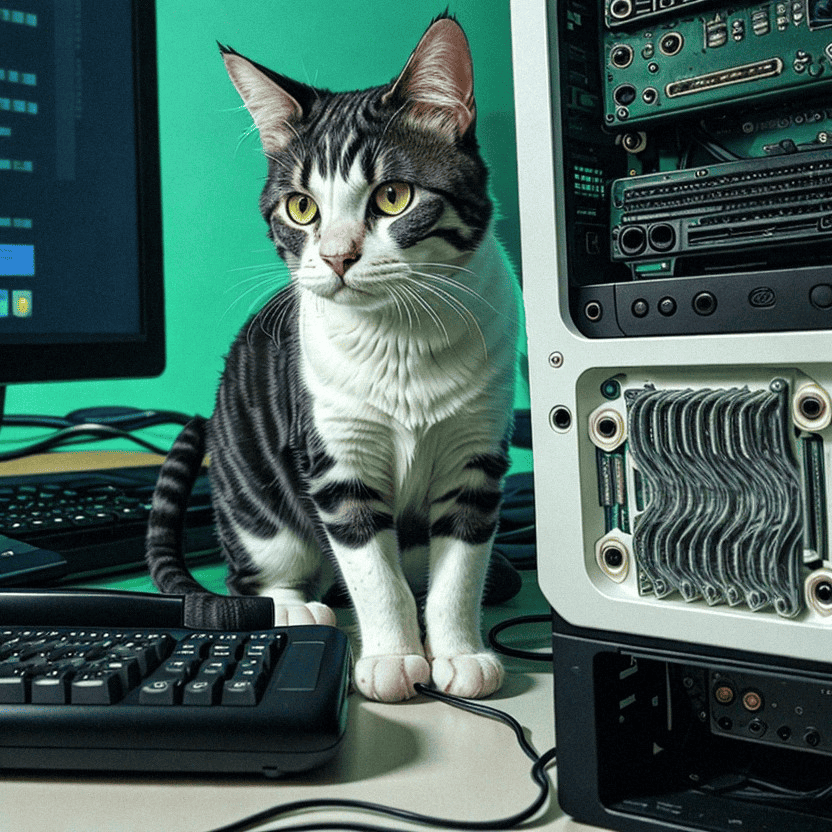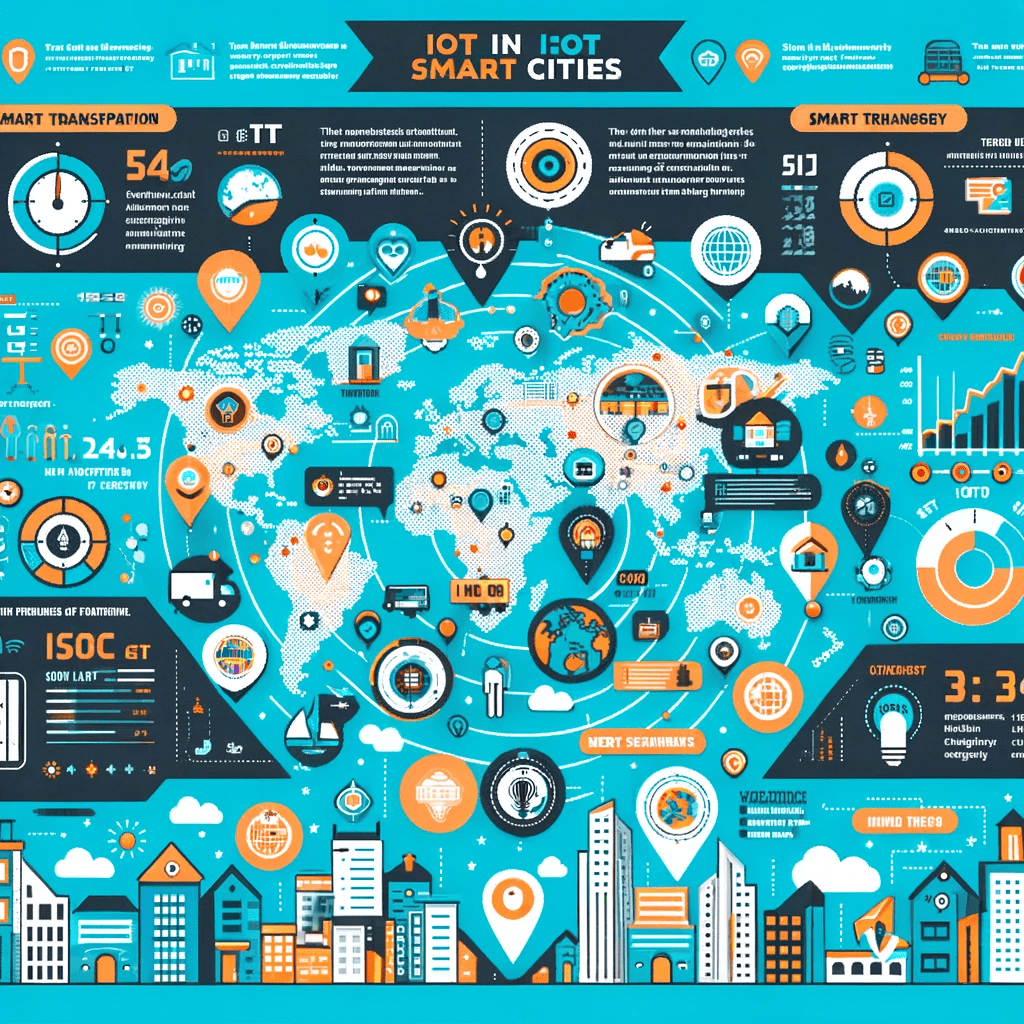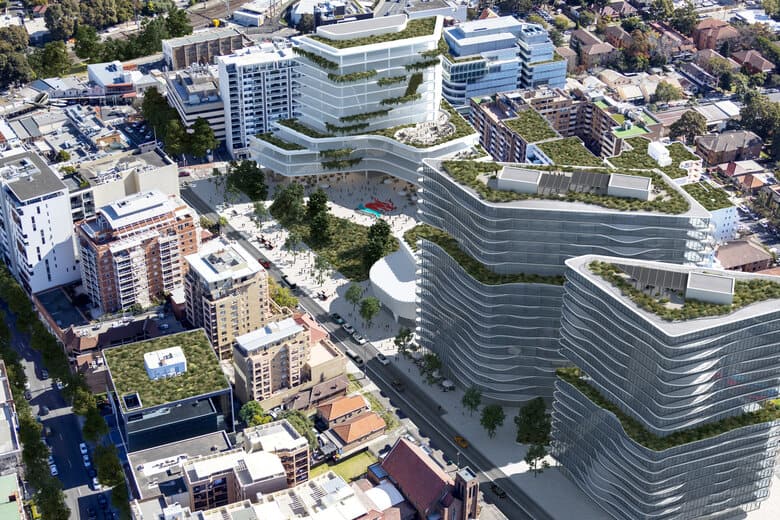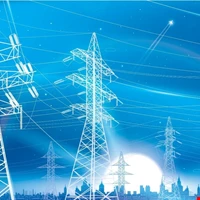After over 3 months of smartcityconsultant.com, I can say i am really proud of what I’ve done so far. As the editor of smartcityconsultant.com , I proudly lead a team of exceptional technicials and experts, in various field of the smart cities. More than ever, the role of IOT has reached a critical importance in the future of urbanism.
Let’s go back to what we did in the last three months
Key Takeaways of our 3 months of work
| Aspect | Details |
|---|---|
| Smart City Evolution | Exploring how technology and innovation drive urban development |
| Digital Transformation | The role of information technology in modernizing cities |
| IoT and AI Integration | Impact of Internet of Things and Artificial Intelligence on city planning and management |
| Sustainability | How smart solutions contribute to sustainable urban environments |
| Challenges and Solutions | Addressing common challenges in implementing smart city initiatives |
The concept of a smart city is not just a buzzword; it’s a rapidly evolving reality. Driven by advances in technology and innovation, smart cities are at the forefront of modern urban development. They represent a fusion of information technology, artificial intelligence, and IoT (Internet of Things), all working in harmony to create more efficient, sustainable, and livable urban spaces.
The Role of Digital Transformation in Urban Spaces
Digital transformation is the backbone of any smart city initiative. It involves the integration of digital technology into all areas of a city, fundamentally changing how it operates and delivers services to its citizens. This transformation is not just about technological advancement; it’s about rethinking old models and processes to drive innovation. Smart City Consultant’s article on the future of smart cities delves deeper into how IoT is revolutionizing urban living, showcasing the tangible impacts of these technologies.
Integrating IoT and AI for Enhanced City Management
IoT and AI are two pillars of the smart city framework. IoT’s network of interconnected devices provides real-time data, while AI’s advanced algorithms analyze this data for actionable insights. This synergy enhances various aspects of city management, from traffic control to waste management. The implementation of IoT has its challenges, such as cybersecurity risks, which are discussed in an article addressing IoT and cybersecurity.
Sustainability: A Core Objective
Sustainability is at the heart of the smart city concept. By leveraging technology, cities can optimize resource usage, reduce carbon footprints, and promote environmental conservation. The integration of renewable energy sources into smart grids is a prime example of this, as highlighted in Smart City Consultant’s article on how smart grids have revolutionized power systems.
Overcoming Challenges in Smart City Implementation
While the benefits are numerous, implementing smart city solutions comes with its set of challenges. These range from technological hurdles to policy and governance issues. However, with proper planning and execution, these challenges can be addressed. For instance, Smart City Consultant discusses the role of e-Governance in shaping smart cities, providing insights into overcoming governance-related challenges.
Advancements in Mobility and Urban Connectivity
Mobility is a crucial aspect of any smart city, involving the integration of various transportation modes into a cohesive, efficient system. Advances in technology have led to the development of smart transit solutions, like intelligent traffic management systems and autonomous vehicles, enhancing connectivity and reducing congestion. The role of cellular IoT in energy transition, as discussed in Smart City Consultant’s article on eSIM and cellular IoT, illustrates the intersection of mobility and sustainable energy solutions.
Leveraging Smart Solutions for Better Urban Living
Smart solutions in urban development go beyond infrastructure; they encompass a wide range of applications aimed at improving the quality of urban living. This includes smart buildings that optimize energy use, intelligent public safety systems, and enhanced public services through digital platforms. The impact of IoT in these areas is profound, offering new ways to manage and interact with urban environments. An exploration of IoT’s potential in real estate can be found in the article on IoT’s added value for real estate companies.
The Intersection of Policy and Technology in Smart Cities
Effective policy-making is essential in the development of smart cities. It involves crafting regulations and standards that foster innovation while ensuring public safety and privacy. The balance between technological advancement and regulatory frameworks is delicate but crucial. Insights into this can be gained from Smart City Consultant’s coverage on how ISO 19650 is changing the implementation of BIM, demonstrating the role of international standards in urban development.
Harnessing Data for Informed Decision-Making
Data is the lifeblood of smart cities, enabling informed decision-making and efficient service delivery. The collection, analysis, and application of urban data lead to more responsive and adaptive city management. However, it’s vital to address the challenges associated with data management, such as privacy concerns and data integration. Smart City Consultant’s analysis of data storytelling and its integration with data science offers valuable insights into this aspect.
Research and Development: Paving the Way for Future Innovations
Continual research and development are imperative for the evolution of smart cities. This involves exploring new technologies, studying their applications, and testing innovative solutions. The progress in areas like machine learning, artificial intelligence, and the Internet of Things is central to this endeavor. For instance, developments in battery technology and its implications for sustainable energy are discussed in Smart City Consultant’s article on battery industry challenges.
Embracing Artificial Intelligence and Machine Learning
Artificial Intelligence (AI) and Machine Learning (ML) are transforming how cities handle vast amounts of data and automate complex processes. From predictive analytics in urban planning to AI-driven public safety measures, these technologies are becoming indispensable in the smart city landscape. Smart City Consultant’s discussion on the integration of AI in agricultural security showcases the diverse applications of AI in enhancing city services and functions.
The Importance of Consulting and Expert Advice
Navigating the complexities of smart city development requires expert guidance and consulting. Consultants play a pivotal role in bridging the gap between technology and practical implementation. They offer insights, strategies, and solutions tailored to the unique needs of each city. This is evident in Smart City Consultant’s approach, as they specialize in digital transformation and innovation for urban spaces, offering valuable advice and consulting services.
Fostering Sustainability Through Smart Solutions
Sustainability is a core goal of smart cities, and technology plays a significant role in achieving this. By implementing smart solutions, cities can manage resources more efficiently, reduce waste, and promote environmental stewardship. Innovations in areas like renewable energy integration, waste management, and sustainable transportation are key to this effort. The implementation of sustainable practices in urban development is further elaborated in Smart City Consultant’s article on optimizing bioenergy production.
The Future of Smart Cities: A Vision of Integrated Urban Development
The future of smart cities lies in the integration of various technological advancements, creating an interconnected, efficient, and sustainable urban ecosystem. This vision encompasses everything from smart infrastructure and transportation to governance and citizen engagement. As technology continues to evolve, so too will the capabilities and potential of smart cities, leading to more innovative, resilient, and adaptable urban environments.

